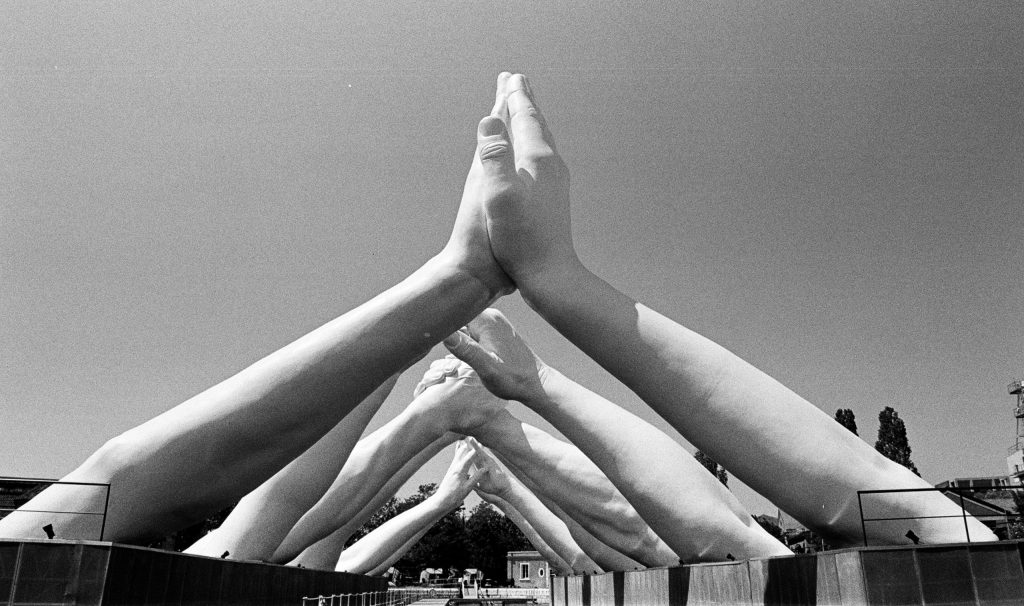
There are more slaves in the world today than in any other time in human history. (ABC Perth)
The United Nations marks World Day Against Trafficking in Persons on 30 July annually.
Vulnerable people all over the world are lured by traffickers with promises of jobs, safety and security. In 2017, Walk Free, International Labour Organisation (ILO) and International Organisation for Migration (IOM) developed the Global Estimates of Modern Slavery. It is estimated that presently 40.3 million people are victims of modern slavery. Women and girls make up 71% of victims, mainly from Africa, Asia and the Pacific region.
According to United Nations Children Fund (UNICEF), at the beginning of 2020, 160 million children were subjected to child labour, with an additional 9 million children at risk due to the impact of COVID-19. Human Trafficking is exacerbated by poverty, job losses, (armed) conflict, disasters such as droughts, floods and sea waters rising (because of climate change).
As shared by CNN in their video Chocolate’s Child Slaves, West Africa produces 75% of the world’s cocoa and boys as young as 10 years are lured by the trafficker, with the promise of a job on a cocoa plantation. They are forced to work for long hours, with no pay and little food on the plantations on the Ivory Coast. Consequently, they are not allowed to go to school.
Until the last couple of years, children and teachers in Uzbekistan had to pick cotton during the harvesting season. They had to miss school until they had fulfilled their quota of cotton picked. Today, a young girl of 14 may have been trafficked to make your cotton t-shirt.
Children are also used in the production of electronics and jewellery in Africa. Child forced labour is used in the mines where our smartphones/electronics are born e.g. Cobalt mining in Democratic Republic of Congo – mobile phones. (People’s Republic of China i.e. PRC companies own 15 of 19 of the biggest industrial mines).
Human Trafficking or Modern Slavery does exist here in Australia. We are listed by the United Nations Office on Drugs and Crime (UNODC) as one of the 21 Trafficking Destination Countries. It is estimated that between 300 and 1000 people per year, are tricked into being enslaved in Australia. Some of them are trafficked into spousal, sexual and domestic servitude, forced labour, e.g. in sweatshops, the agricultural sector, construction industry – often with little or no pay and under bad conditions.
The Australian Federal Police received 223 reports related to Human Trafficking and slavery offences in the 2019-20 financial year. Ninety-two of these were for forced marriage, many of whom were female aged 15-19.
Research in 2017 and 2019 on International Students and Wage Theft in Australia by Bassina Farbenblum and Laurie Berg highlights the incidence of wage theft, especially among migrant workers and international students in Australia.
Unwittingly, we could be using, wearing, eating, or drinking someone’s misery. Let us ask ourselves “as individuals and communities whether we feel challenged in our daily lives” and whether “we are tempted to select items that may well have been produced by exploiting others.” (Pope Francis, 2015)
As members of our global village, we can make a difference in the lives of trafficked people by:
- Educating ourselves of what is happening locally and globally
- Downloading Apps g. Ethical Fashion Guide (Baptist World) and Good on You
- Buy certified (slavery free) chocolate e.g. Fairtrade, Rainforest Alliance including UTZ
- Be mindful of purchasing slave free products e.g. clothing and accessories, electronics, coffee, tea, seafood etc.
- Join Anti-Trafficking campaigns e.g. Banning Forced Labour products, example from Xinchiang Province (PRC)
- Advocacy – asking our Australian government to honour our commitment to Sustainable Development Goals and stopping cuts to Overseas Development Assistance
As Wilberforce has said when passing the Slavery Abolition Act in 1833, “You may choose to look the other way, but you can never say again that you never knew.”
Persistence in staying true to one’s values is essential to changing things for the common good. As the Dalai Lama said, “If you think that you are too small to make a difference, try sleeping with a mosquito.”
Sr Margaret Ng rsj
Coordinator Josephite Counter Trafficking Project
